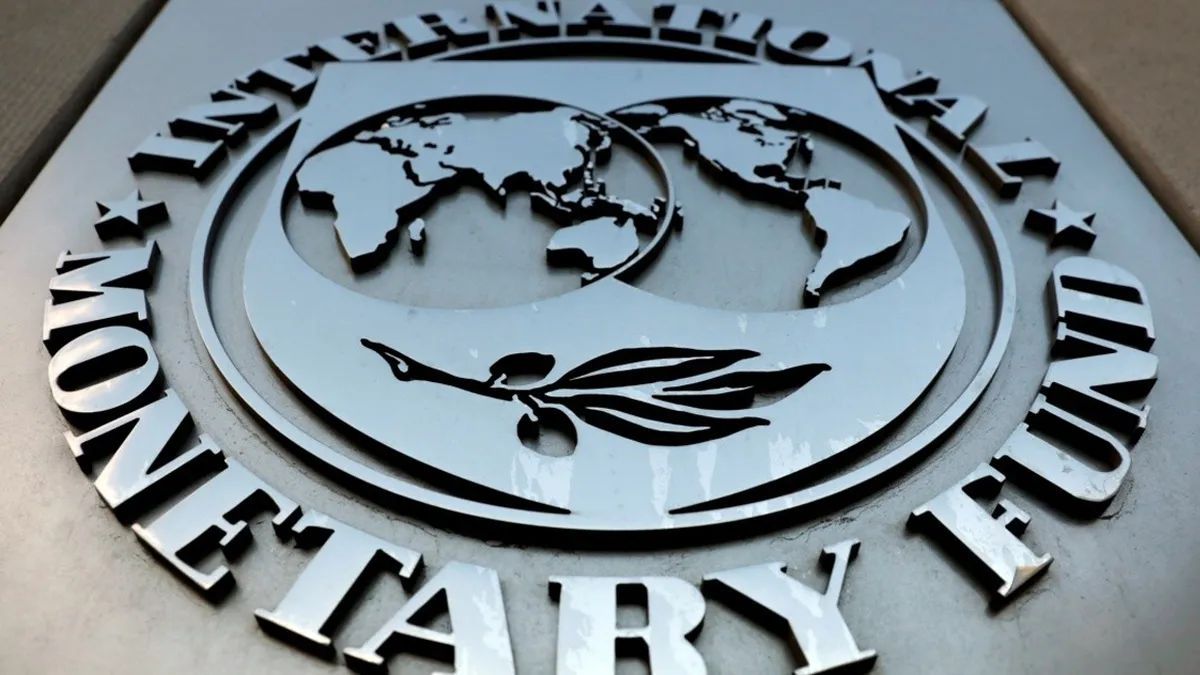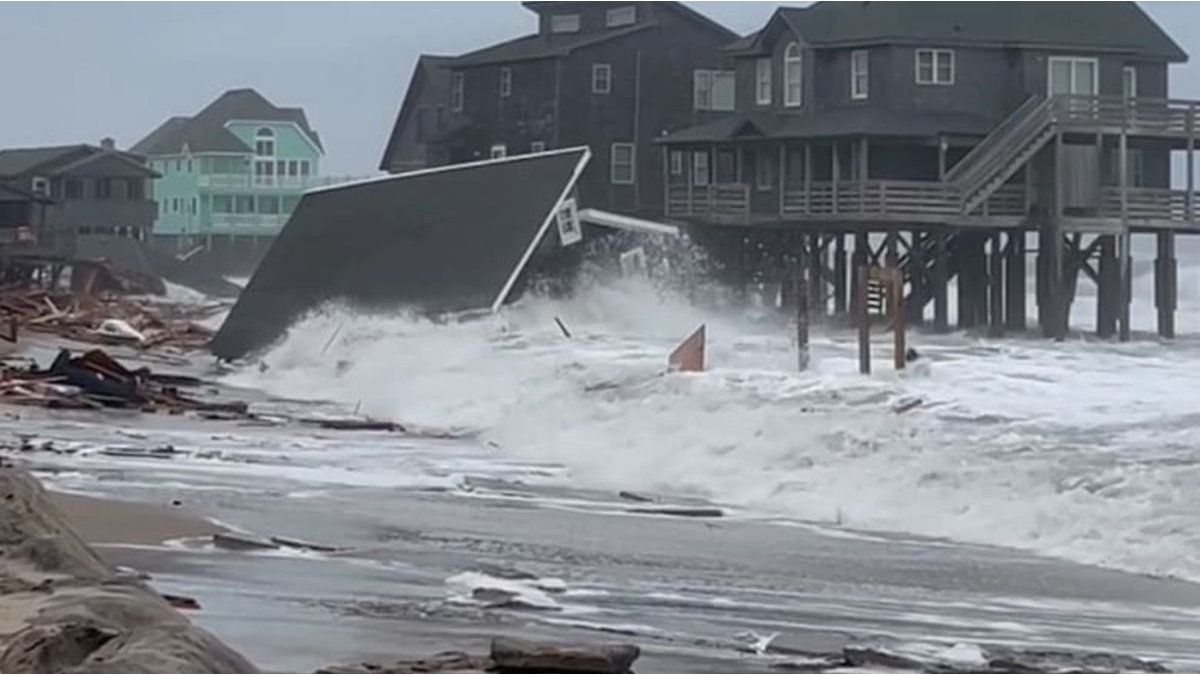In this sense, throughout his presentation he pointed out that in the last seven weeks “The world has experienced a second great crisis: a war on top of a pandemic” and warns that this situation can erode “much of the progress we have made in the last two years, recovering from Covid.”
Georgieva summed up the problems facing humanity:
- The war in Europe generates famine in Africa.
- A pandemic can go around the world in days and have repercussions for years;
- Emissions anywhere means sea level rise everywhere:
- And the threat of a breakdown in global cooperation
In the opinion of the IMF “The only effective remedy for these risks is international cooperation” In this sense, it rescues the role of the presiding body by indicating that “With near universal membership, the IMF is a proven platform for global collaboration”. Then I detail that they are currently providing advice on policies and financing for the countries most affected by the double crisis. He also promised that they are “ready to work to do even more”.
Recalling the foundation of the International Monetary Fund in 1944, I quote the then Secretary of the Treasury of the United States, Henry Morgenthau, who stated that “Prosperity, like peace, is indivisible.”
Kristalina warned that the world is facing “to a crisis upon another crisis” and went on to list them.
THE PANDEMIC
The head of the Fund asserted that the pandemic “It turned our lives and economies upside down, and it’s not over.” The continued spread of the virus could lead to more contagious or, worse, more deadly variants, causing more disruption and the greatest divergence between rich and poor countries. The head of the IMF warned that “new Covid variants.
WAR
The Russian invasion of Ukraine, which he called “devastating for the Ukrainians and the economy” affects the whole world. “But above all else is the human tragedy: the suffering of men, women and children in Ukraine, including more than 11 million displaced people.”
The economic consequences of the war spread fast and far, to neighbors and beyond, hitting the world’s most vulnerable people the hardest. Hundreds of millions of families were already struggling with lower incomes and higher energy and food prices.
The war has made this much worse and threatens to further increase inequality.
For the first time in many years, Kristalina Georgieva said, “Inflation has become a clear and present danger for many countries in the world” and anticipating that the problem of inflation “It’s a huge setback for the global recovery.”
Under the economical point of view: “growth is low and inflation is up”, he claimed. From the point of view of people “Their incomes have decreased and hardships are increasing.”
DIVIDED
In the opinion of the head of the IMF, the crises -pandemic and war- are further complicated by “these double crises, pandemic and by another growing risk:” the fragmentation of the economic world into geopolitical blocs—with different trade and technology standards, payment systems, and reserve currencies.” This situation will cause “painful adjustment costs “In supply chains.
With concern, the head of the IMF pointed out that “Ya is diminishing” the ability to work “together in the two crises”. But she warned that this situation could “leaving us totally unable to face other global challenges: like the existential threat of climate change.”
For this reason, he defined this moment as “transcendental for the international community.” He recognized, however, that in the face of these challenges the decisions to be made are more difficult.
FORECAST
In terms of global risks and consequences Georgieva stated:
- The global recovery was already losing momentum before the war in Ukraine, in part due to Omicron-related disruptions.
- in January, cut global growth forecast to 4.4% by 2022. Since then, the outlook has deteriorated substantially, largely due to the war and its aftermath.
- Inflationfinancial tightening, and frequent and widespread lockdowns in China—causing new bottlenecks in global supply chains—also weigh on activity.
- As a result, we will project a further downgrade in global growth for both 2022 and 2023.
- Fortunately, for most countries, growth will remain in positive territory.
- Having said that, the impact of the war will contribute to forecast downgrades for 143 economies this year, representing 86% of global GDP.
- However, prospects vary widely across countries: from catastrophic economic losses in the Ukraine, to a severe contraction in Russia, to countries dealing with the fallout from the war through commodity, trade, and financial channels.
- The economies that are facing on the downside include net importers of food and fuel, in Africa, the Middle East, Asia and Europe.
- Rising commodity prices have improved growth prospects for many oil, natural gas and metals exporters.
- But these countries are also affected by greater uncertainties, and their gains are far from being enough to compensate for a general global crisis.
- At the same time, higher energy and food prices add to inflation.
- Medium-term prospects have also been affected.
- For most countriesproduction is now expected to take even longer to return to its pre-pandemic trend level.
- The recovery remains deeply divergent between rich and poor.
- In addition to this, the outlook is extraordinarily uncertain, well beyond the normal range. War and sanctions could escalate.
- New variants of Covid could emerge.
- Before the war, Russia and Ukraine provided 28% of world wheat exports; Russia and Belarus supplied 40% of potash exportsan essential fertilizer.
- Now grain and corn prices are skyrocketing, and supplies are running low.
Source: Ambito
David William is a talented author who has made a name for himself in the world of writing. He is a professional author who writes on a wide range of topics, from general interest to opinion news. David is currently working as a writer at 24 hours worlds where he brings his unique perspective and in-depth research to his articles, making them both informative and engaging.




